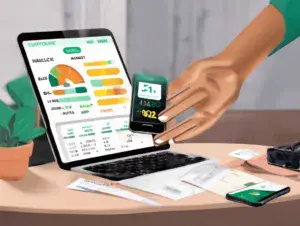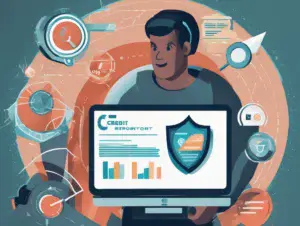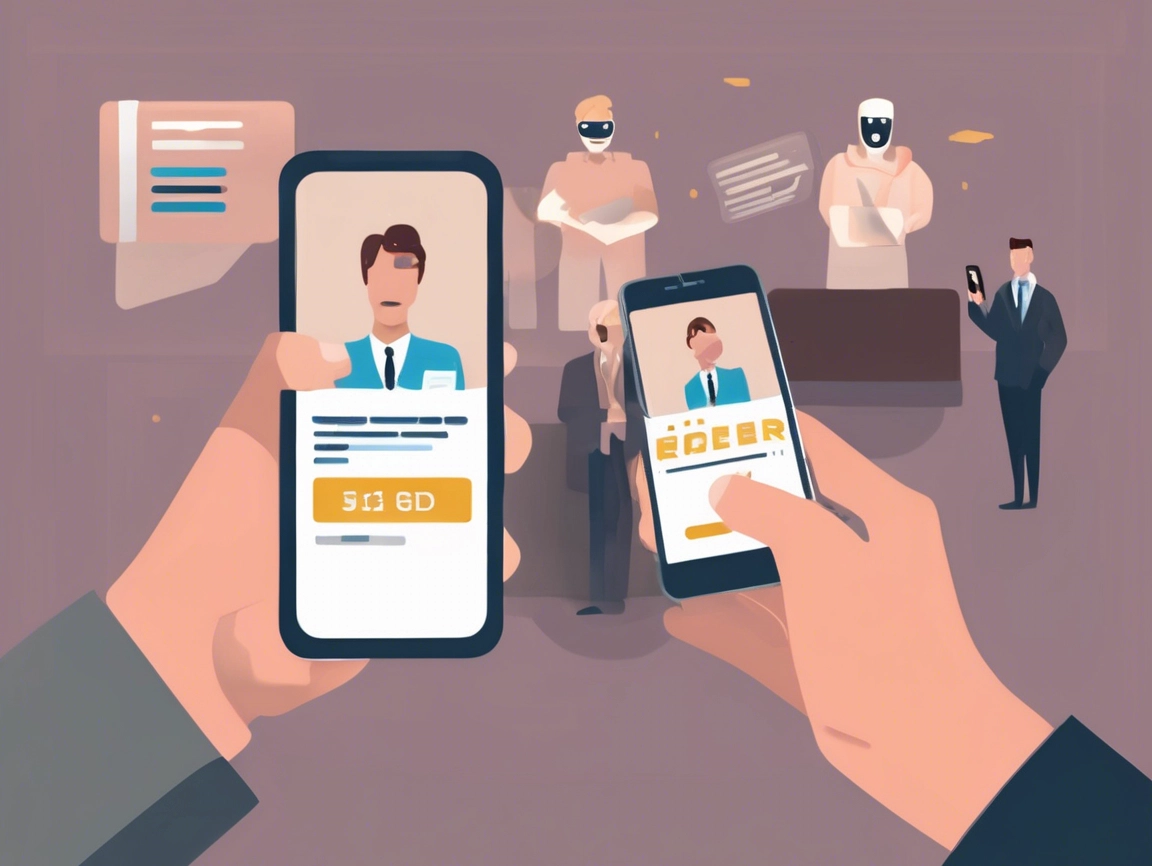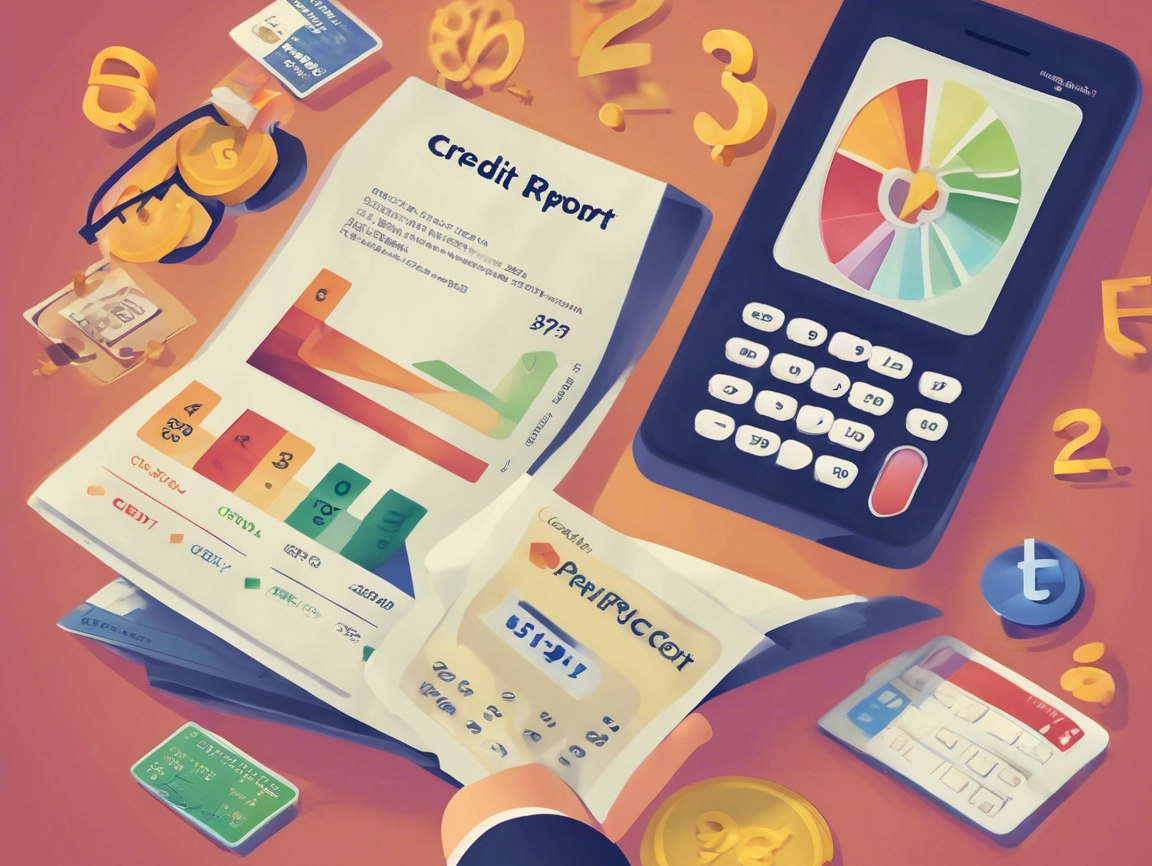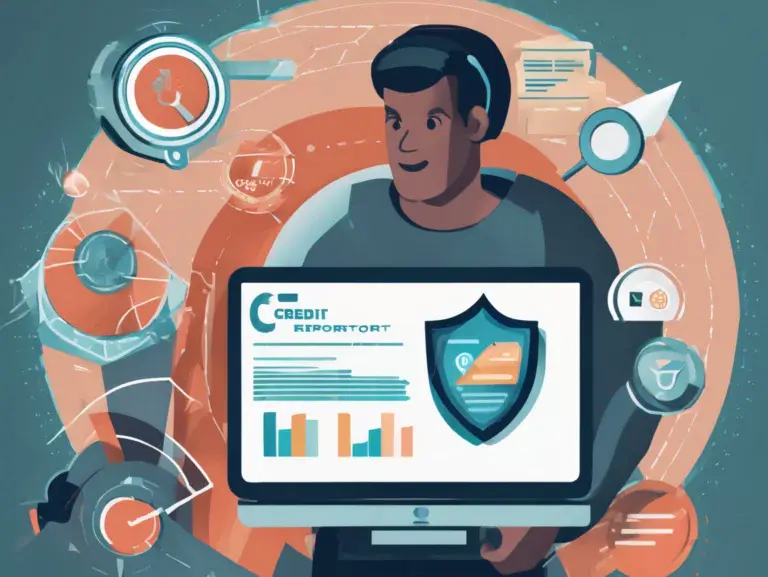Your credit is one of your most valuable assets. It’s what lenders, landlords, and even employers use to gain insight into your financial reliability. But with identity theft and fraudulent activity on the rise, keeping an eye on your credit has never been more important. That’s where credit alerts step in. These little notifications can make a huge difference in keeping your personal and financial information safe.
What Are Credit Alerts?
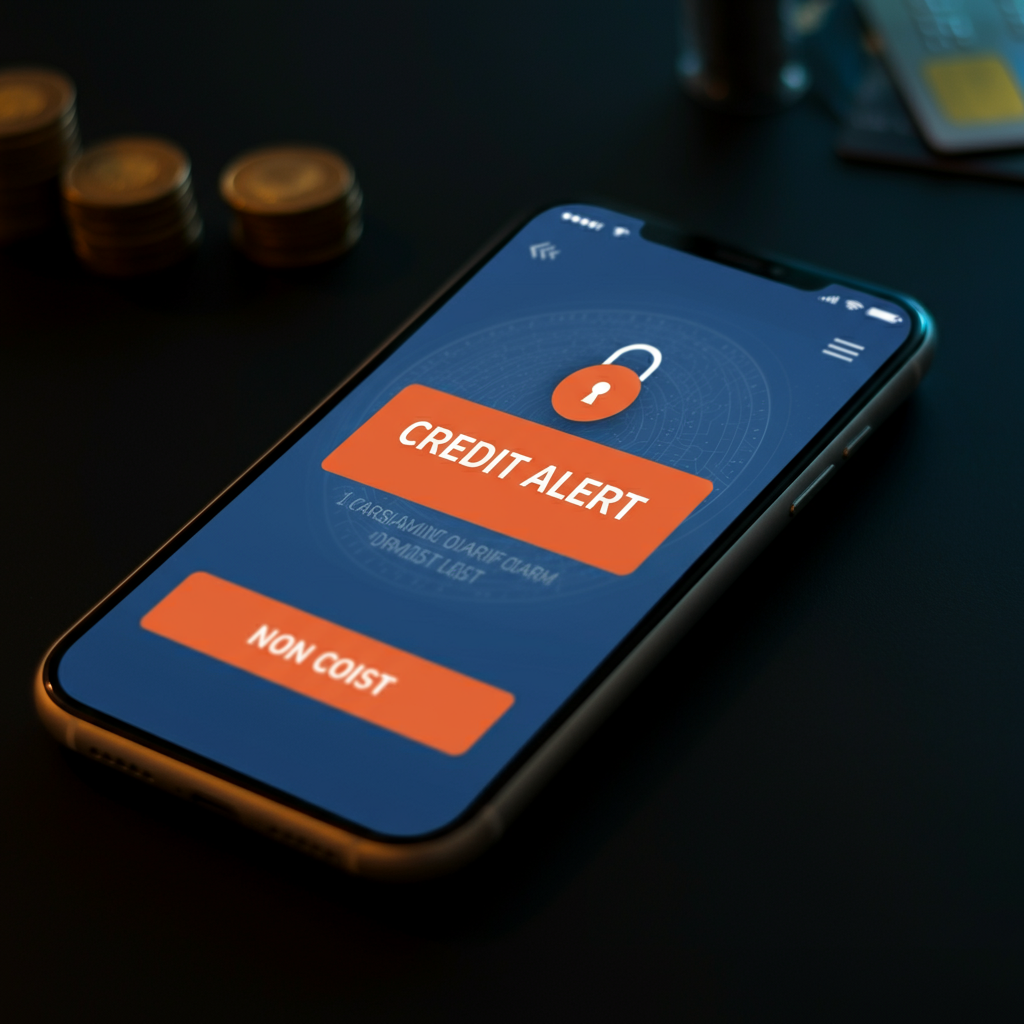
Think of a credit alert as your financial watchdog. A credit alert is a notification you receive whenever there are significant changes to your credit report, such as someone opening a new account in your name, a credit inquiry, or late payments.
Credit alerts are not the same as credit monitoring services, but they work well alongside them. While credit monitoring constantly keeps tabs on your credit report, credit alerts notify you about potential red flags instantly. They give you the power to address issues quickly before they become big problems.
How Do Credit Alerts Work?
Once you set up a credit alert, you’ll start receiving notifications whenever an activity that meets your chosen criteria happens. These alerts are sent via email, text, or even push notifications if you’ve installed an app from your credit provider or bureau.
For example, imagine someone tries to open a credit card in your name. Without a credit alert, you might not find out for weeks or even months until the fraudulent account shows up in your bills or credit score. With an alert in place, you’d get notified as soon as the inquiry happens, giving you time to contact the creditor and stop the fraud in its tracks.
Scenarios Where Credit Alerts Are Critical
Here are some common (and scary) situations where credit alerts can save the day:
- Unauthorized Account Openings
Suppose a scammer gets hold of your Social Security number. They may try to open credit cards or loans in your name. Credit alerts would notify you immediately, helping you shut things down before any serious damage is done. - Unexpected Credit Drops
Imagine paying all of your bills on time but noticing a sudden dip in your credit score. This could point to an issue like an incorrect report or fraudulent activity. Credit alerts give you a heads-up to investigate further. - Data Breaches
With data breaches becoming more frequent, your personal information might get exposed. Hackers could use this data to attempt fraudulent activities. Setting up credit alerts ensures you’re the first to know if anything unusual happens.
How to Set Up Credit Alerts

Getting started with credit alerts is easier than you think. Follow these steps to set yours up today:
- Start With Your Bank or Credit Card Issuer
Many financial institutions offer free credit alerts to their customers. Log in to your online banking portal or mobile app and check for security or alert settings. - Sign Up With Credit Bureaus
The three major credit bureaus in the U.S.—Experian, Equifax, and TransUnion—provide credit alert services. You can visit their websites to choose the type of alerts you’d like to receive. - Use Credit Monitoring Tools
There are apps and services, both free and paid, that bundle credit monitoring and alerts together. These tools often provide customizable options, letting you choose the kinds of updates you want. - Adjust Notifications as Needed
Some alerts might be more useful than others. For example, you might prioritize notifications for account opening attempts while skipping payment reminders if you’re good at keeping track.
Pro Tips for Safeguarding Your Financial Information
While credit alerts are a great line of defense, they work best when paired with other smart financial habits. Here are some additional ways to stay safe:
- Regularly check your credit reports (you’re entitled to one free report per year from each bureau).
- Use strong, unique passwords for all financial accounts, and enable two-factor authentication.
- Be cautious with personal information. Avoid sharing sensitive details like your Social Security number unless absolutely necessary.
Take Control of Your Financial Security
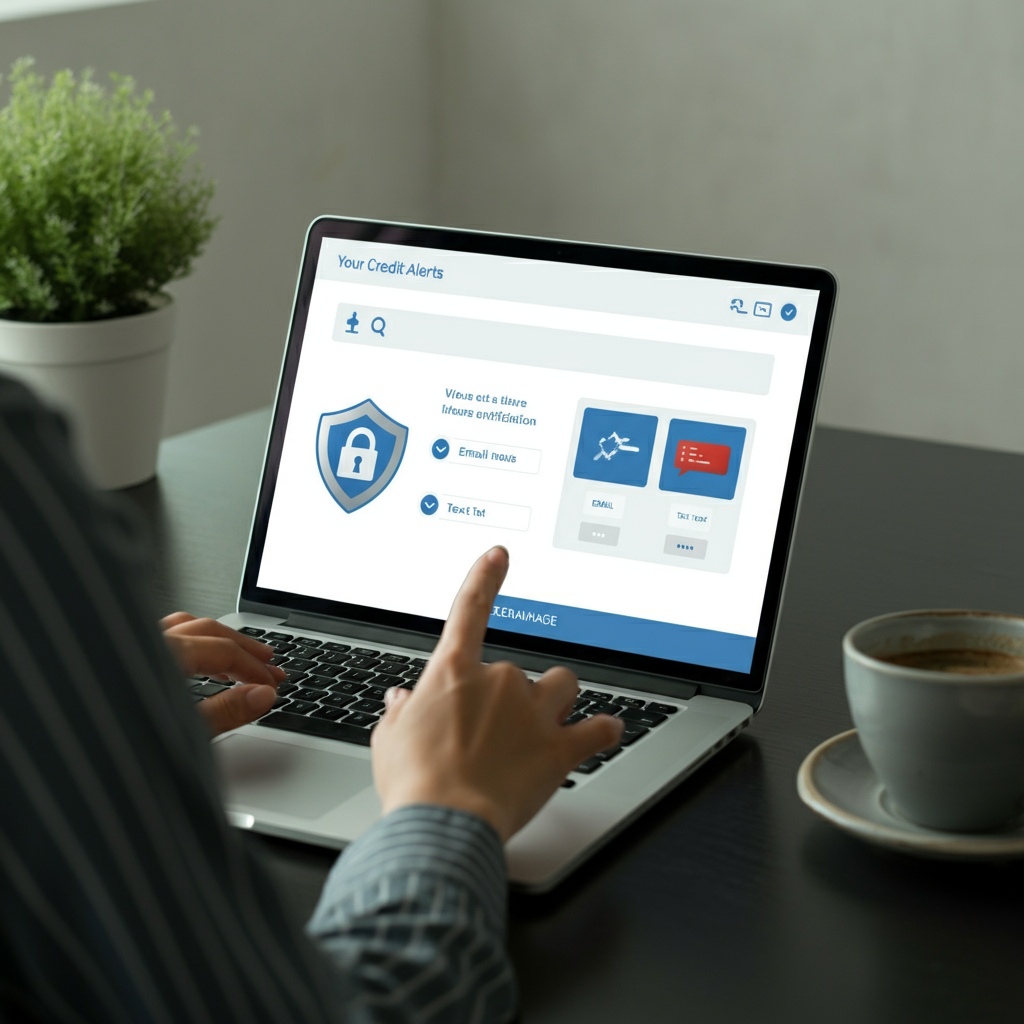
Credit alerts are a simple yet powerful tool to protect yourself from identity theft and fraud. They give you the peace of mind that someone has your back when it comes to your credit. By setting up these alerts today, you’re taking an important step towards safeguarding your financial future.
Don’t wait for the worst to happen—take action now! Go online, sign up for credit alerts, and give yourself the upper hand against fraud. Your financial health depends on it!


